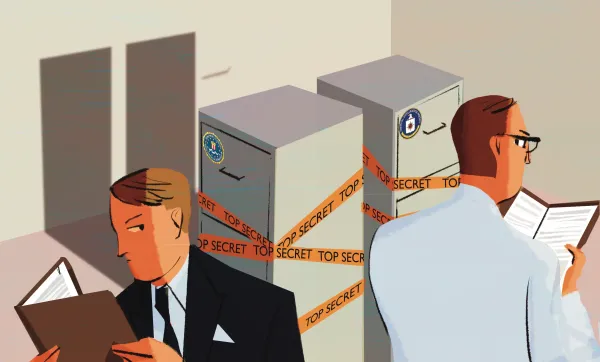 9/11
9/11
terrorism
OUR MISSION
To explore complex issues with careful analysis and help you make sense of the world. Nonpartisan. Reality-based.
About Skeptic MagazineTo explore complex issues with careful analysis and help you make sense of the world. Nonpartisan. Reality-based.
About Skeptic Magazine